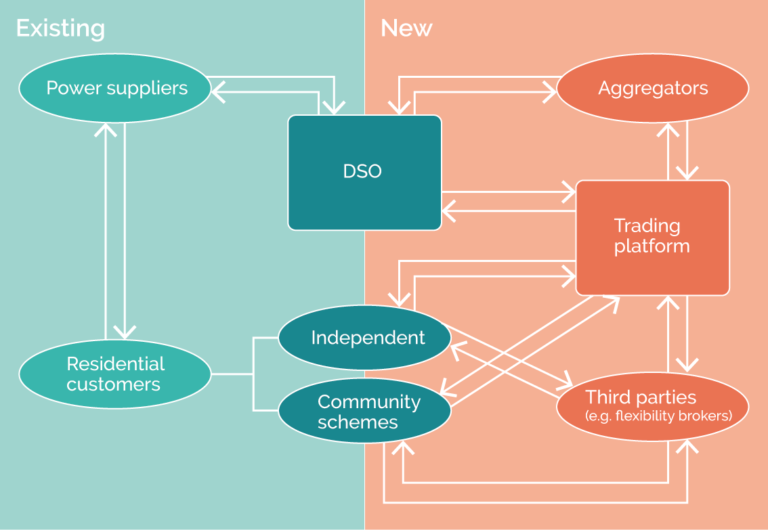Reading Climate Festival is a week-long programme of free events to inspire action on climate change, curated by Reading Climate Action Network.
As part of Reading Climate Festival, Professors Tim Dixon and Lorraine Farrelly will be taking part in a Twitter Q&A session on Thursday 12 November, 13:00-15:00. Questions can be submitted on how Reading can become a sustainable city of the future by using the hashtag #Reading2050.
The University will also be hosting three evening sessions throughout the week where members of the public can quiz climate change experts on a wide range of topics. For more information, and to book a place, please click here. Dr Eugene Mohareb will be answering questions on his research in greenhouse gas mitigation from cities and urban influences on the food system.
The new Reading Climate Emergency Strategy to 2030 will also be launched during the Festival week.
A news item about the launch of the Reading 2050 book is now live.
Students, Staff and Residents are all welcome to attend.

